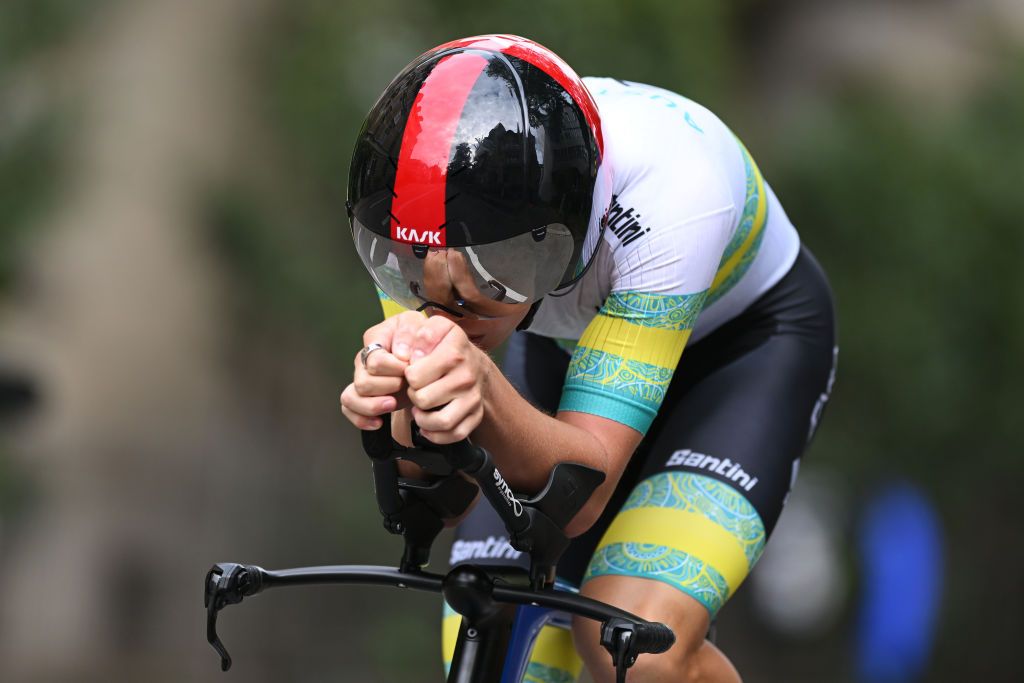Bussiness
Business of Software (BoS) Conference Wraps Up A Second Year In Raleigh

This week, the Business of Software (BoS) Conference convened at Raleigh’s Martin Marietta Center for the second year running. Previously based in Boston, the event relocated to Raleigh on the grounds that the city has “all of the great ingredients for an entrepreneurial and tech ecosystem,” as BoS Conference Founder and CEO Mark Littlewood explained last year. Another year on, in advance of this week’s conference, Littlewood told GrepBeat that coming to Raleigh had been “a great, great move.”

In its second year in the Triangle, it’s clear that the conference has succeeded in forging a connection with the local tech ecosystem. This is thanks in large part to local entrepreneurial development organization CED and in particular Bill Spruill—CED’s Chairperson of the Board, who was instrumental in helping BoS to the Triangle in the first place.
This year, CED provided scholarships that helped founders and representatives from 12 local startups attend the conference. Some of these attendees, including Sunlight Founder and CEO Ryan O’Donnell and Paul Rava of Roboro, spoke to the benefit of interacting with local and global founders in the same space. To that point, attendees at this year’s conference ranged from those CED-sponsored local startup figures to visitors from Argentina, Colombia, Bulgaria, the Czech Republic, and elsewhere.
This, to a degree, speaks to the value that was at the heart of the 2024 conference. BoS is successfully blending global perspectives with a local vibe, and attendees are better off for it.
BoS Conference Format
For those who are not familiar with BoS, the conference is best described as a multi-day, single-track event for founders, entrepreneurs, and others from the broader tech community. Rather than focusing on divided breakout sessions and in-the-weeds subjects, the conference consists primarily of a series of talks, interviews, and Q&A sessions with accomplished figures from around the U.S. and the world.
These speakers boast expertise in everything from marketing and storytelling to growth strategies and human ingenuity in the (dawning) age of AI. Notably, these speakers also made themselves available during open networking sessions throughout the conference.
Below is a rundown of the speakers and topics that were featured at BoS 2024.
2024 Speakers & Topics
Day 1
- Zack Urlocker, in conversation with Mark Littlewood: “Existential Moments in Company Building.” The conference opened with a conversation between Mark Littlewood and Crescendo COO Zack Urlocker. Tapping into his experience (and some major exits) with Duo Security, MySQL, Gatsby, and Zendesk, Urlocker provided lessons on what those “existential moments” in a company’s growth can look like. Key insight: “If you’re in a fast-growing company, small problems can become big problems really fast.”

- Matt Lerner: “Goals, Metrics, & Incentives.” SYSTM Founder and CEO (and former PayPal marketing guru) Matt Lerner discussed the importance of honing in on a “North Star” metric; committing to work that drives that North Star; and making a “not doing” list to further drive a mindset shift prioritizing the most impactful work.
- Joanna Wiebe: “How Every Customer Interaction Can Be Improved With A Framework.” Copyhackers Founder Joanna Wiebe taught conference attendees how to implement frameworks along the path to purchase. Altogether, said frameworks are hyper-focused on matching customer emotions and emphasizing the value of a given solution rather than what it costs to achieve.
- Bob Moesta & Allison Wood, in conversation: “Inside The Mind Of An Entrepreneur.” Bob Moesta, President and CEO of The ReWired Group, conducted an unrehearsed interview with DaVinci Education Founder and CEO Allison Wood. They touched on key moments and findings along Wood’s journey, from founding DaVinci Education to a strategic merger with Elentra, a former competitor. Key insight: “Make your decisions from an authentic place, and then go all in.”
- Bruce McCarthy & Melissa Appel: “Live Stakeholder Troubleshooting.” Product Culture’s Founder, Bruce McCarthy, and Executive Product Management Coach, Melissa Appel, teamed up for a “live stakeholder alignment simulation” assisting conference attendees.
Day 2
- Georgiana Laudi: “Data Rich, Insight Poor—The Real Reason Your Growth Is Stalled.” Gia Laudi, Co-Founder and Chief Strategist at Forget The Funnel, gave a presentation about how to drive growth through customer insights—with an emphasis on prioritizing retention and learning what matters most to your best customers. Key insight: “When we prioritize and optimize customers reaching their goals, we can achieve ours.”
- Jim Benton: “Building Iconic Teams: Achieving The Impossible Together.” Chorus.ai CEO Jim Benton delved into his personal journey before walking attendees through the “System of Alignment” behind the construction of iconic teams.
- Austin Bouley: “3 Huge Levers That Got My SaaS to $500K ARR In 5 Months.” Options Auto Trader Founder and CEO Austin Bouley taught a literal formula for success in a SaaS startup, incorporating customers’ dream outcomes; customers’ belief in reaching those outcomes; the time it takes to achieve the outcomes; and the effort and sacrifice involved.

- Tania Katan: “Human Ingenuity Beats Artificial Intelligence As The Core Driver Of Great Companies.” With boundless enthusiasm, storytelling coach and “Creative Trespassing” author Tania Katan spoke to the vital roles of creativity, curiosity, and asking, “what if?” Key insight: “Creativity is the new job security.”
- Guy Nirpaz: “What Does AI Do To Business Models?” Perspective AI Founder and CEO Guy Nirpaz discussed a range of topics relating to AI in business—ultimately offering the somewhat optimistic opinion that humans’ care for humans will help us adapt. As he put it, no one would watch Formula 1 if all the cars were autonomous.
- Shawn Anderson: “From Bootstrapped to A Billion: Five BoS Talks That Changed My World.” A Co-Founder of PDQ (who has since moved to the Caribbean), Shawn Anderson shared assorted nuggets of wisdom from his time with the company.
Day 3

- Stephen Steers: “Four Questions To Ask Before You Tell A Story That Sells.” Stephen Steers, President of Steers Consulting Group, gave a presentation on how strong storytelling can humanize and differentiate your company—and ultimately increase conversion rates.
- Angil Tate: “Leveraging Failure To Shape Winning Teams.” WillowTree Senior Product Designer Angil Tate talked about how to leverage our inevitable failures, emphasizing that it’s not enough to remember losses. Rather, we have to evaluate them and use them to drive creativity and growth. Key insight: “Without failure, we can’t reach innovation.”
- Jeff Szczepanski (aka “Tall Jeff”): “Why Isn’t Technology Making Us More Productive?” Jeff Szczepanski, Founder and CEO at Reframe Technologies, closed out the speaker slate with an assertion that tech alone doesn’t make us more productive—because it does little more than “digitize the paper.”
In Conclusion….

While closing out the conference on Wednesday, Mark Littlewood reflected that organizing the first year in Raleigh had been stressful—perfectly understandable, given the big move. By contrast, though, he noted that this year’s process had been “a joy.” This showed through as the conference unfolded and founders, speakers, and others (including we media members) were able to enjoy a low-fuss, high-value, and often cheerful experience.
Prompted to sum up his thoughts on year two in the Triangle, Littlewood spoke effusively about what he sees happening in Raleigh. “There are lots of people who are building here,” he said, adding that, “in startups people think the answer is money, and then you can build. But there are a lot of people that are building [in Raleigh] and are building great businesses… and the money will come firing at those people. And so I’d love to play a part in changing that kind of mindset, really.”
We’ll be waiting to see if that effort will continue in 2025 with a third year in Raleigh.









/cdn.vox-cdn.com/uploads/chorus_asset/file/24435784/tokyostrava.jpg)